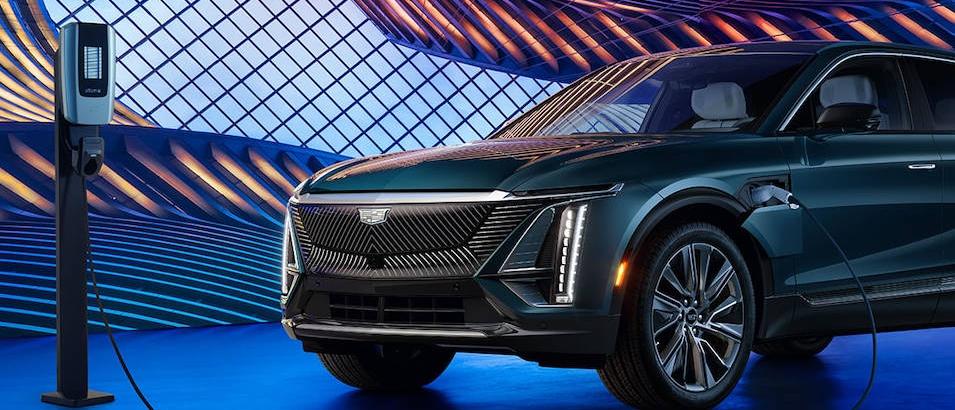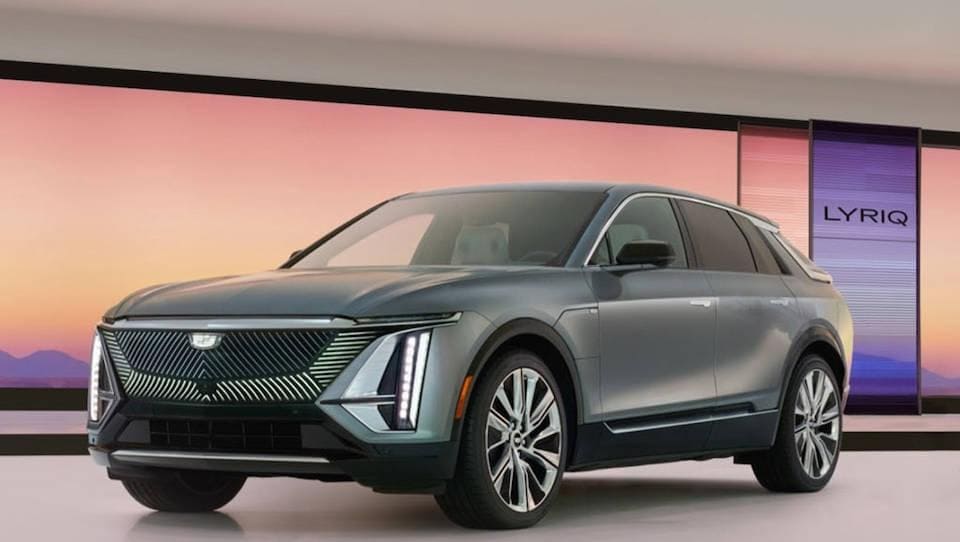ELECTRIC CARS VS. GAS CARS: IS AN EV MORE AFFORDABLE?
The automotive world is undergoing a transition. Governments and environmental organizations are making a major push to switch to cleaner vehicle alternatives. In short, more motorists are switching from gas guzzlers to electric vehicles, and the movement is accelerating faster every year.
However, this begs the all-important question: How do electric cars vs. gas cars compare when it comes to price? There are many factors that contribute to the answer to that question. And in this article, we are going to explore those factors so you can decide whether making the change is right for you. Keep reading to learn more.
ELECTRIC VS. GAS CARS: WHAT'S DIFFERENT?
One of the first attributes you'll notice with EVs is their unique exterior design. Many EVs sport a clean, futuristic appearance. Electric vehicles from Tesla, BMW, Nissan, etc., all possess that ultramodern sleek exterior design language that sets them apart from gas cars. However, that's a trivial difference. The obvious separator between these two vehicle classes is their respective power sources.
EVs rely on electricity to charge their performance, while gas vehicles use an internal combustion engine for the same purpose. As a result, the main divider of these vehicles is simply the source of power each uses for its operation.
TAKE INTO ACCOUNT THE INITIAL COSTS
Let's compare electric cars vs. gas cars at initial costs. Let's use Cadillac gas and electric models as our references. And even though prices and comparison ratios will vary, you can use this example as a general guide for other models. But regardless, always ensure you do your own research. Initial costs for Ford and Hyundai electric and gas vehicles are as follows:
GAS EXAMPLES
- 2024 Cadillac XT5: MSRP $45,290
- 2024 Cadillac CT5-V: MSRP $51,495
ELECTRIC EXAMPLES
- 2024 Cadillac LYRIQ: MSRP $58,590
- 2024 Cadillac CELESTIQ: MSRP $340,000
With these comparisons, it's clear that the gas-powered car comes out on top when it comes to initial costs. Electric vehicles-due to their novelty, demand, and production costs-are simply pegged at a higher price range at the moment.
COMPARING THE ELECTRIC VS. GAS CARS COSTS
Gas powered vehicles are more affordable in terms of initial costs. But how do they stack up to EVs when it comes to other areas of cost comparison? Vehicle price is only one consideration. So, getting the full financial picture requires a deeper dive than just the surface-level initial cost of each vehicle. You can make a better decision about which car is best for you when you understand the other components that contribute to each vehicle's appeal.
ELECTRIC VS. GAS CAR STICKER PRICES
The car sticker price of a vehicle is the MSRP (Manufacturer Suggested Retail Price). It's placed on the window of new vehicles on dealership lots. Manufacturers use it to ensure new car prices stay consistent in all markets.
However, as far as standard car sticker prices go, the cheaper option will generally be gas-powered cars. Gas-powered vehicles will usually have an MSRP of $15,000 to $25,000. Conversely, the typical EV will have an MSRP of $40,000 to $75,000 or more. Gas-powered vehicles win this round, hands down.
ELECTRIC VS. GAS MAINTENANCE
When comparing electric cars vs. gas cars, EVs are more efficient in their constitution. They don't have the typical "nuts and bolts" of a gas-powered car. And without having to change or replace components like oil or spark plugs, EVs are the clear winner when it comes to maintenance costs. Moreover, EVs also have the unique attribute of "regenerative" braking. This feature recovers the energy lost due to braking, which saves you money on brake pad replacements.
Despite all this, EVs still require basic automotive upkeep, such as tire rotations and regular service checks. But generally, there will be more money left in your pocket with EVs over gas cars when considering maintenance costs.


